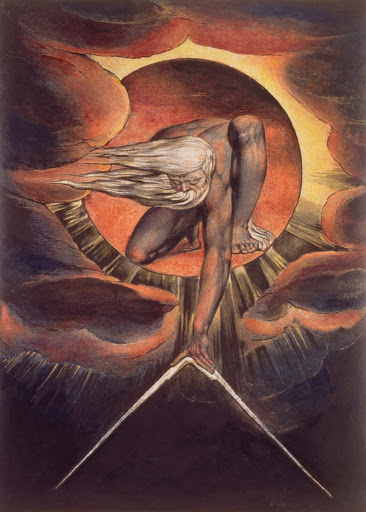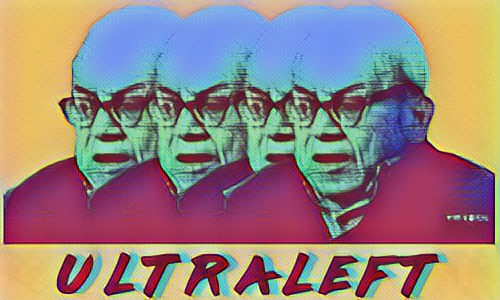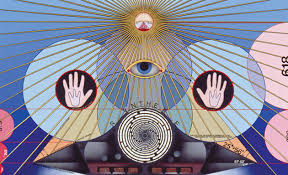God-builders

Epiphanes is the author of On Righteousness , a notable early Gnostic Christian literary work that promotes communist principles. A notable belief attributed to Epiphanes and described in On Righteousness was the idea of communal living or communism, including shared property and spouses. The text begins: "The righteousness of God is a kind of sharing along with equality." The idea of communal living may have come from Plato’s ideas in The Republic. Voegelin perceived similarities between ancient Gnosticism and modernist political theories, particularly Communism. He identified the root of the Gnostic impulse as alienation, that is, a sense of disconnection from society and a belief that this lack is the result of the inherent disorder, or even evil, of the world. According to Voegelin, the Gnostics really reject the Christian eschaton of the kingdom of God and replace it with a human form of salvation through esoteric ritual or practice. The ...



